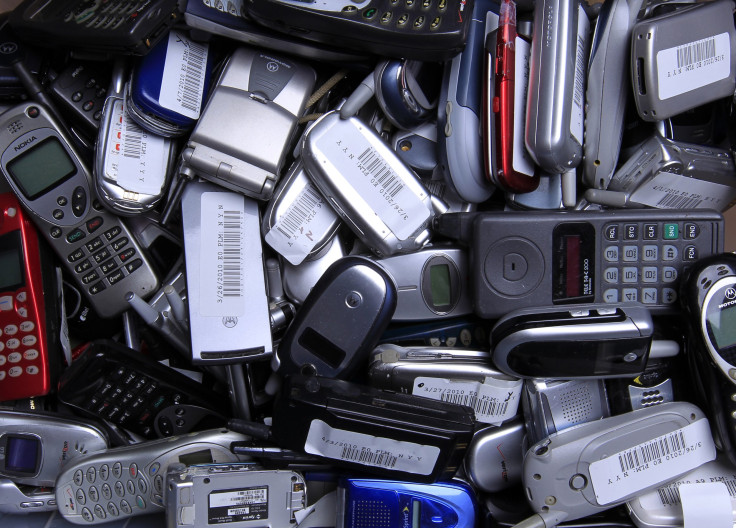5G Cellphone Technology Dangerous To Health? Possible Risks Explained

Cellphone usage is at an all-time high, as the Pew Research Center cites that almost two-thirds of Americans own a smartphone. And with each new generation of gadget upgrade, the discussion surrounding health risks associated with mobile phones resurfaces to raise the question: is the radiation from cellphones and transmitters bad for health?
There are several variables that factor into the potential health risk of mobile phones, which emit non-ionizing radiation that can be absorbed by body tissue. With the number of cell phone users and time spent on devices on the rise, there is a need to study the effects of radiation.
Earlier this year, researchers from the National Toxicology Program shared preliminary data that revealed an increase in tumors in male rats that were exposed cellphone radiation. While the peer-reviewed findings from the study will not be released until 2017, the initial findings are enough to raise questions about why this association was seen exclusively in male rats and whether the findings will be applicable to humans.
“I’d emphasize that much work needs to be done to understand the implications, if any, of these findings for the rapidly changing cellular telephone technologies that are in use today,” said John Bucher, an associate director at the National Toxicology Program, in a media telebriefing.
Is there a real risk? According to Leeka Kheifets, an epidemiology professor at UCLA’s Fielding School of Public Health who has also studied the health impact of using cellphones, the study from the National Toxicology Program “was just an indicator that more and better research is needed.”
“I don’t think it’s clear that there are health risks, but it’s also not clear that there are no health risks,” Kheifets told the Los Angeles Times.
But cellphone technology is rapidly evolving. In the U.S., 5G technology is slated to become mainstream by 2020. The impact will be two-fold: consumers will have transmission speeds that are 10 times faster than 4G technology and there will increase the number of transmitters sending signals to devices.
“There is a big concern with the previous technology and it’s just being made worse with 5G,” told Kevin Mottus, outreach director for the California Brain Tumor Assn., to the LA Times. “These are microwave transmitters and the closer you are to them, the more problems.”
Radiofrequency radiation is regulated by the U.S. Food and Drug Administration (FDA) and the Federal Communications Commission. The FDA’s stand on the matter is that “the weight of scientific evidence does not show an association between exposure to radiofrequency from cellphones and adverse health outcomes,” but the agency also believes more research needs to be conducted.
© Copyright IBTimes 2024. All rights reserved.






















